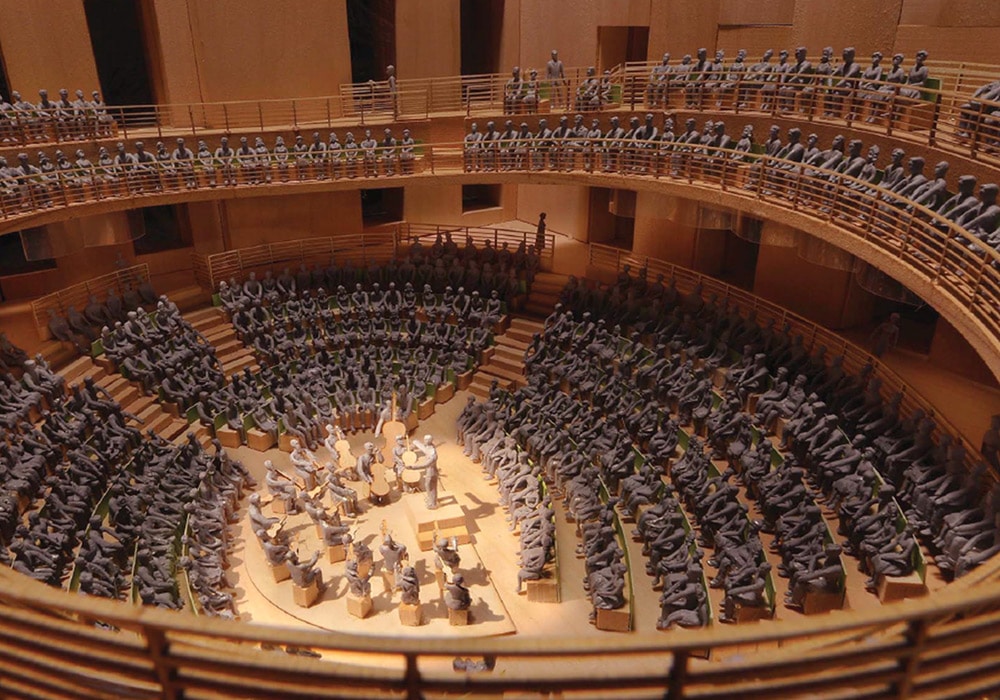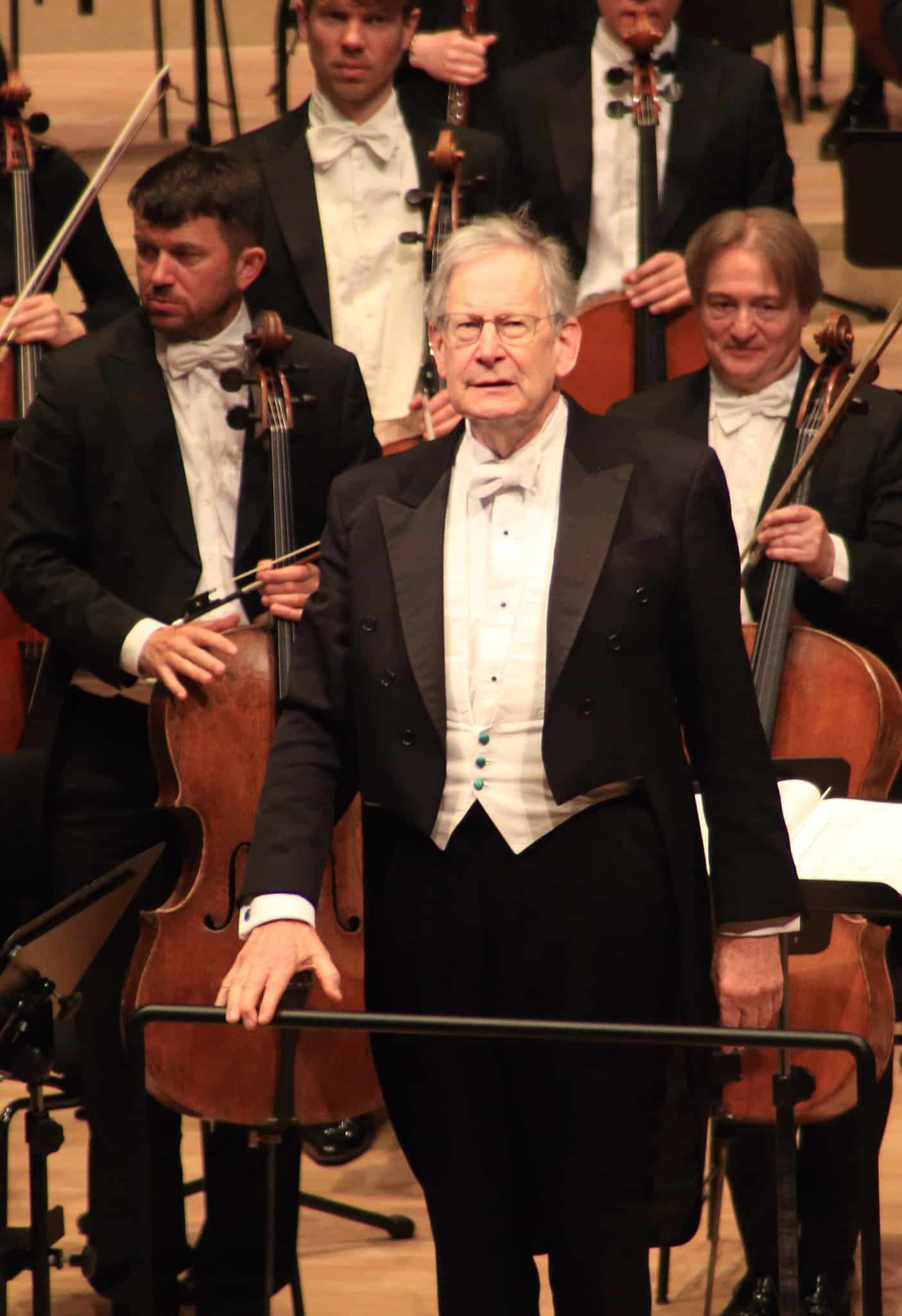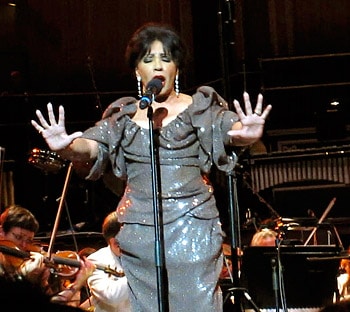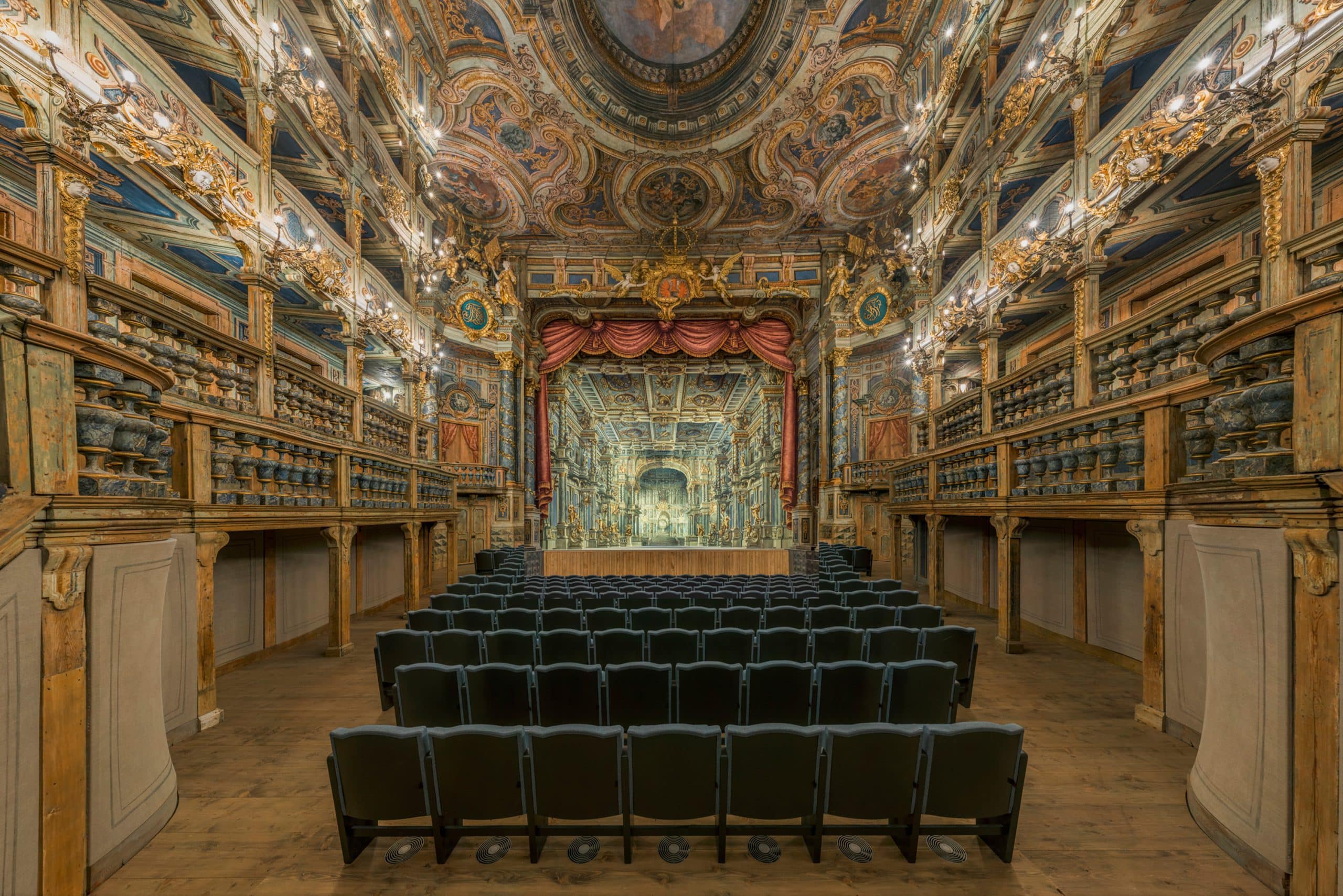Berlin’s Pierre Boulez Saal opens to visitors
mainThe hall that Daniel Barenboim is dedicating to the memory of his late lamented friend won’t be ready for concerts for another nine months. But they are starting to give guided tours and the prospect of an infinitely flexible musical space is more than a little enticing.
Check the website for tour details.






(To save space on this thread, I will restrain myself from commenting.)
So, that`s not a comment.
It’s interesting how the prospect of a new concert hall in London attracts nothing but scorn from Norman (and many other grumpy characters but somehow it is ok in Berlin.
apples and oranges
The one in Berlin has a defined purpose, it in the right place and has not cost half a billion pounds.
Other details:
“The City of Berlin has awarded the Barenboim-Said Akademie a 99-year leasehold contract for the listed building. The Federal Government of Germany is supporting the venture by underwriting construction costs to the amount of €20 million and by providing subsidies for the operational budget. The remaining budget, however, is to be covered by private donations.”
Sponsor logos:
Federal Foreign Office + Commissioner for Culture and Media + Berlin Lotto
Saal envy….saalivating!!!
Nice boxing arena. Great for Miss Universe contests. Also good live stock exchange, e.g. for selling horses. And the rest of the year it will make for a good showroom for selling cars.
Who had the idea to position the audience (audire, lat. for hearing) in their majority in the acoustical off side?
Is this the new concert hall in Schilda?
Are they trying to reenact Schiller’s Handschuh with Tigers and Lions?
Acoustical off side is ever popular though. Note the choir stalls at the Royal Festival Hall.
Choir stalls in RFH are how much, like less than 5% of the overall seating capacity?
For this hall in Berlin we are talking about at least 50% seats that are in the off side.
And how many people booking seats in the off side actually know that they bought compromised seats?
Funny to absurd, how visually impaired seats are always clearly advertised as such, but when it comes to acoustically impaired seats that is not the case, for a concert experience that mainly is about hearing, not watching.
Daniel Barenboim – whom I greatly admire as a conductor – wrote with great understanding and sensitivity about the humanistic, civilizing and expressive qualities of music in his ‘Life in music’, and yet strongly believes in ‘progress’ in music, thinking that with the deletion of the musical qualities he mentions, we are better off, thus his enthusiastic performing of Boulez. Edward Said condemned the entire collection of Western attempts to understand ‘the East’ with a venerable tradition of ages, as mere political imperialism (in his ‘Orientalism’), from which can be concluded that he never understood Western science. He wrote perceptively though conventionally about music in his ‘Musical elaborations’ in pretentious, jargon-infested prose (like Arnold Whittal), as an imitation of the worst Western academic writing, out of proportion with what he had to say. The Boulez Hall in Berlin seems to have been designed to answer requirements of progressive music making without awareness of empirical evidence as to acoustics.
One gets the impression that, where all these factors come together, that in spite of the admirable intentions, something important is missing.